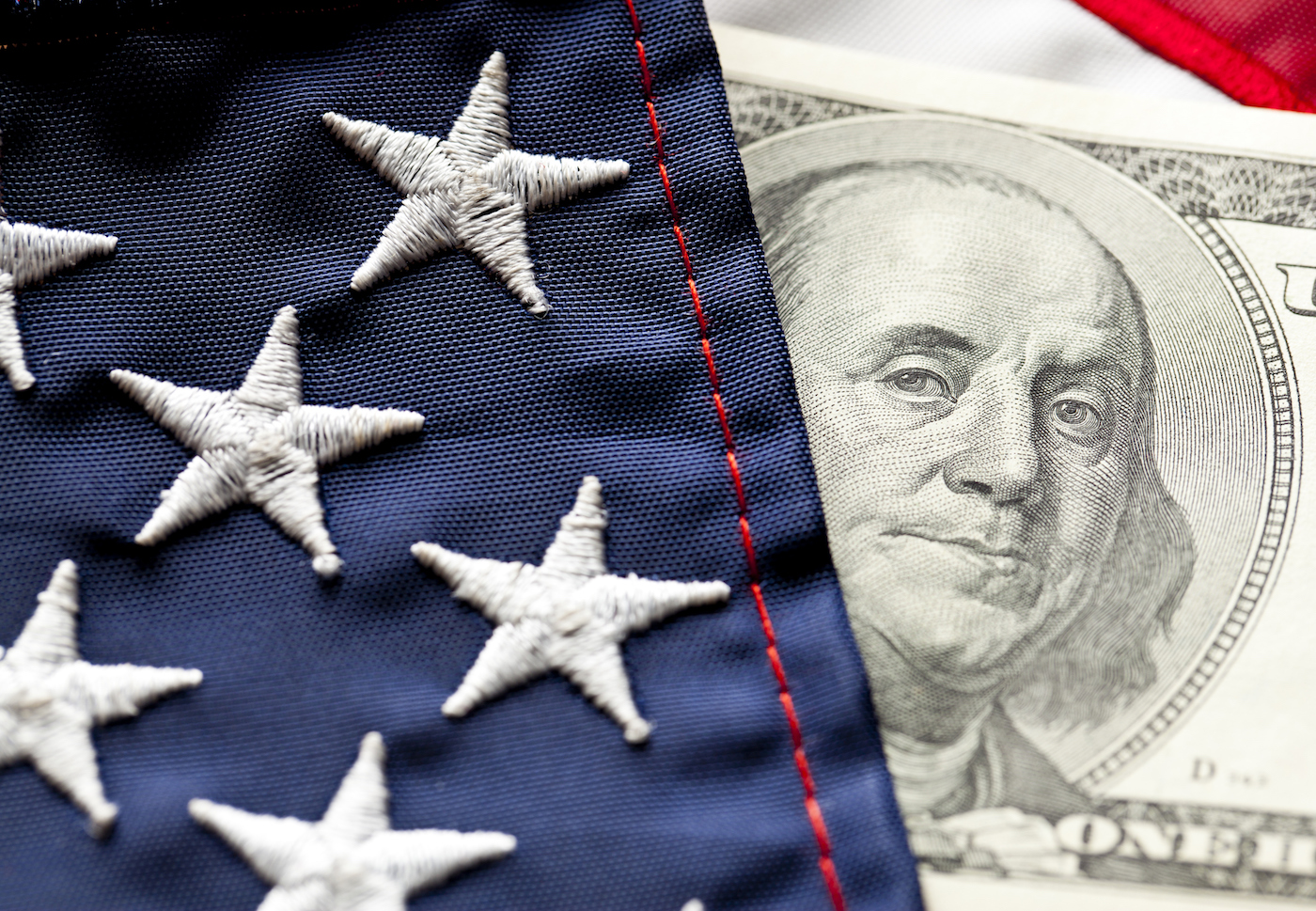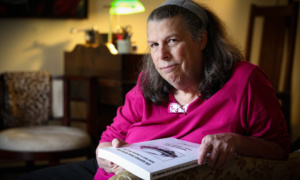A Symbolic Achievement
Campaign finance reform is an issue increasingly seeping into public discourse, and it’s easy to see why. Eighty-one percent of Democrats and Independents, and 71 percent of Republicans believe that reducing the influence of money in politics is an important issue. New York state is asserting itself as a leader in trumpeting this public sentiment. Cynics might say it’s merely atoning for past transgressions or that efforts to reduce moneyed influence are merely window dressing and real change is unlikely. More on that later.
Last June, New York became the 17th state to call for a constitutional amendment centered on lessening corporate influence in our political system. This declaration was widely spurred by the Supreme Court’s 2010 decision in Citizens United v. FEC, which deemed money speech, therefore applying first amendment protections to corporations and people alike.
This symbolic achievement received positive press, but it remains merely symbolic.
“The people who want to resolve this need to do much deeper, broader work on getting more people engaged in our democracy, which has been withering for decades,” said David Cay Johnston, a distinguished visiting lecturer at the Syracuse University College of Law and the Whitman School of Management, and author of the book The Making of Donald Trump.
A National Issue
Flash forward eight months. Donald Trump is the president of the United States and the public is grappling with how to deal with a businessman turned political leader whose financial dealings and governing decisions are not easily separated.
For example, Donald Trump is now both the landlord and the tenant of the government-owned Old Post Office building in Washington D.C. He owns the building’s real estate contract, which specifically states, “No … elected official of the government of the United States … shall be admitted to any share of part of this lease, or to any benefit that may arise therefrom.”
“The moment Donald Trump took the oath of office he was in violation of federal law, namely his Old Post Office item lease in the nation’s capital,” Johnston said.
In addition to a number of personal conflicts of interests, Trump has appointed the richest cabinet in US presidential history. This runs contrary to his campaign promises of standing up to big banks and lobbyists. The White House has never seen this degree of wealth in the oval office, and some factions in Washington D.C. are pushing back.
New York senators Chuck Schumer and Kirsten Gillibrand have joined a growing number of politicians concerned with the president’s lack of business transparency. They are two of 25 democratic cosponsors of the Elizabeth Warren-led bill aimed at legally addressing the president’s conflict of interests. New York is one of seven states to have both senators cosponsor the bill.
Reform Efforts
New York also has a history of enacting local reforms to reduce money’s political power. New York City pioneered the small donor matching fund model back in the late 1980s. It is still referred to today as more cities work to adapt their own version. The program matches donations under $175 dollars to qualified candidates at a 6-to-1 ratio.
The theory runs like this: Publicly financing candidates who refuse to take donations above a certain threshold will encourage political candidates to appeal to a wider base and be less reliant on large donations from a handful of wealthy interests.
The real-world results have been mixed. Critics of publicly funded elections argue the programs rarely have their promised impact, while proponents tout increases in the diversity of candidates.
Not all campaign finance-related operations in New York are positive. Albany has an extensive history of corruption scandals, and New York has earned the unfavorable reputation of being a breeding ground for corrupt politicians.
Through good and bad, New York continues to show why government transparency is an issue gaining traction with the American people. Be it local or national politics, money plays a role. What exactly that role should look like has, and will continue to be, subject to debate.
[fbcomments url="" width="100%" count="on"]















